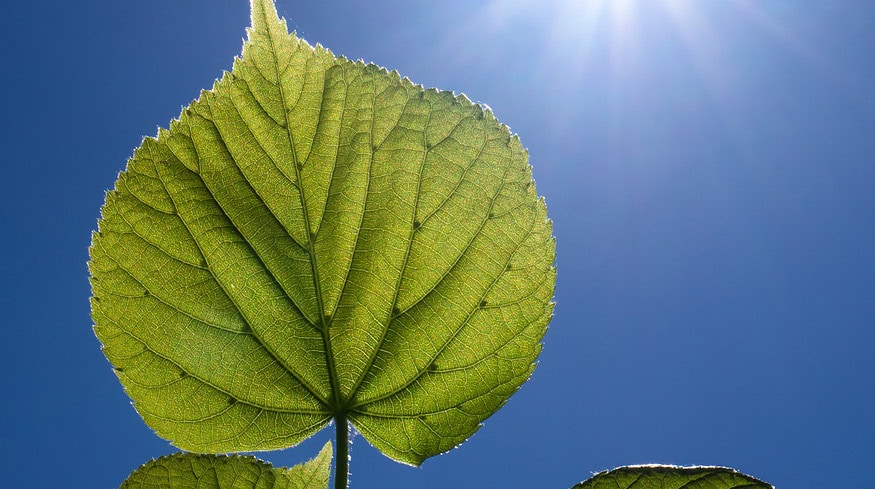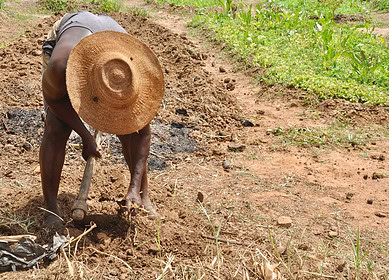Enhanced air quality boosts natural carbon capture by plants, says Carnegie study

A study led by the Carnegie Institution for Science in Washington, DC, reveals that improving air quality could significantly enhance plants’ natural ability to sequester carbon dioxide, thereby aiding in climate change mitigation. The research, published in the Proceedings of the National Academy of Sciences, was conducted by a Carnegie-led team, including Liyin He, Lorenzo Rosa, and Joe Berry. They utilized satellite data to measure photosynthetic activity and aerosol pollution across Europe, finding that plants capture more carbon during weekends when industrial activities and commuting are reduced.
Plants possess a unique capability, known as photosynthesis, enabling them to transform sunlight into chemical energy, simultaneously absorbing carbon dioxide from the air. This process is vital in combating climate change, as it allows plants to store carbon, preventing its contribution to global warming. However, aerosols—tiny particles released from burning fossil fuels or wood—can impede this process by diminishing air quality and blocking sunlight, akin to placing plants in shade.
Previous research has indicated that aerosol pollution can decrease agricultural yields by up to 20 percent. The Carnegie team’s study employed the TROPOspheric Monitoring Instrument (TROPOMI) aboard the Copernicus Sentinel-5 Precursor satellite, along with the Visible Infrared Imaging Radiometer Suite, to assess photosynthetic activity and aerosol levels in Europe. The researchers discovered a weekly cycle in photosynthetic activity, peaking on weekends and diminishing during weekdays, inversely correlating with aerosol pollution patterns. A similar trend was observed during the COVID-19 lockdowns.
The team’s findings suggest that if particulate pollution were reduced to maintain weekend levels of photosynthetic activity throughout the week, it could remove between 40 and 60 megatons of carbon dioxide annually from the atmosphere. This reduction would not only aid in trapping carbon in biological matter but also boost agricultural productivity without expanding crop land.
Lorenzo Rosa highlighted the policy implications of this research for European governments. By improving air quality, these countries could better achieve their climate goals, including capturing approximately 500 megatons of carbon dioxide per year. Rosa’s research at Carnegie, which began in 2022, focuses on understanding agricultural challenges posed by climate change and exploring sustainable agricultural practices. His work encompasses irrigation strategies, soil moisture-retention techniques, and evaluating solutions for reducing the carbon footprint of fertilizer production towards achieving net-zero emissions in agriculture.
Source: EurekAlert!
Enjoyed this story?
Every Monday, our subscribers get their hands on a digest of the most trending agriculture news. You can join them too!
















Discussion0 comments